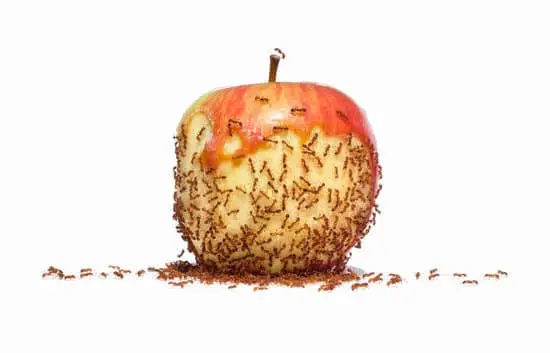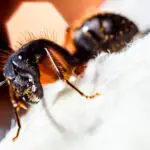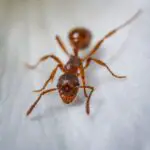Can Ants Cause Disease?
Unlike other insects that are airborne, ants do not use humans to further their life cycle. Rather, ants are attracted to food and come into contact with human dwellings in search of it. However, ants can carry diseases and pathogens that can make people sick.
Ants are known to carry many types of disease-causing bacteria. Some of these bacteria can cause food-borne illnesses. They are also known to carry bacteria that can be resistant to antimicrobial treatment.
Some species of ants carry bacteria that can cause severe intestinal infections. The bacteria can be very painful and can also cause diarrhea. Some species of ants also carry fungal spores.
Ants also carry diseases that can cause respiratory problems. For example, ants can carry bacteria that cause pneumonia, sinus infections, heart valve infections, and toxic shock syndrome. They can also cause asthma.
Some people are allergic to ants, so they may experience more severe symptoms. If you think you have an allergy to ants, contact your healthcare provider immediately. This can cause symptoms that include difficulty breathing, dizziness, and stomach cramps.
Some people can also contract food-borne illnesses from ants. They are known to carry bacteria such as Salmonella and Clostridium. They can also carry pathogens such as Staphylococcus.
The most common food-borne disease carried by ants is Salmonella. It can cause diarrhea, stomach cramps, and a host of other symptoms. It can also cause kidney failure.
Other species of ants carry bacteria that cause eye infections, wound infections, and meningitis. The species Serratia marcescens is known to cause a variety of infections, including osteomyelitis, septicemia, and endocarditis.








